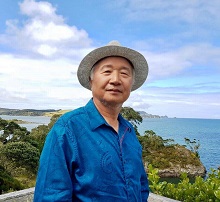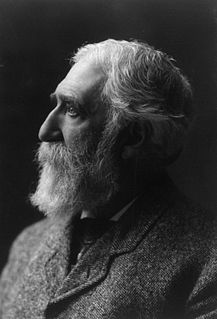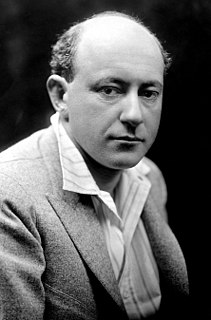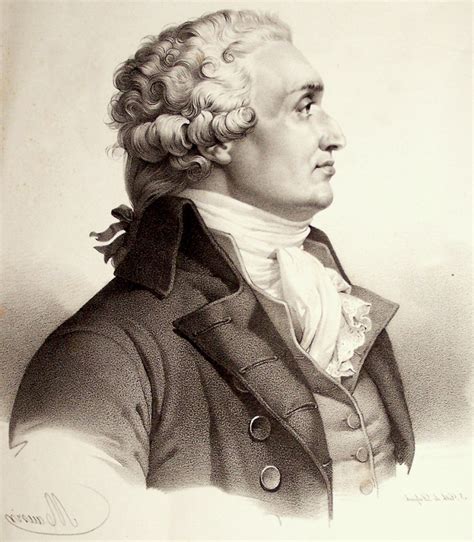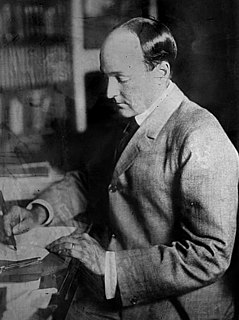A Quote by John Locke
A man may live long, and die at last in ignorance of many truths, which his mind was capable of knowing, and that with certainty.
Related Quotes
The disappointed man turns his thoughts toward a state of existence where his wiser desires may be fixed with the certainty of faith; the successful man feels that the objects which he has ardently pursued fail to satisfy the cravings of an immortal spirit; the wicked man turneth away from his wickedness, that he may save his soul alive.
In all general questions which become the subjects of discussion, there are always some truths mixed with falsehoods. I confess, there is danger where men are capable of holding two offices. Take mankind in general, they are vicious, their passions may be operated upon. We have been taught to reprobate the danger of influence in the British government, without duly reflecting how far it was necessary to support a good government. We have taken up many ideas upon trust, and at last, pleased with our own opinions, establish them as undoubted truths.
I want nothing to do with any religion concerned with keeping the masses satisfied to live in hunger, filth, and ignorance. I want nothing to do with any order, religious or otherwise, which does not teach people that they are capable of becoming happier and more civilized on this earth, capable of becoming master of his fate and captain of his soul.
Man has made 32 million laws since THE COMMANDMENTS were handed down to Moses on Mount Sinai more than three thousand years ago, but he has never improved on God's law. THE TEN COMMANDMENTS are the principles by which man may live with God and man may live with man. They are the expressions of the mind of God for His creatures. They are the charter and guide of human liberty, for there can be no liberty without the law.
It is ignorance that is at times incomprehensible to the wise; for instance, he may not see 'the positive person' or 'the negative person' in a black and white way as many people do. A wise man may not understand it because, as a catalyst of wisdom, but not wise in his own eyes, even he can learn from and give back to fools. To think that an individual has absolutely nothing to offer to the table is counter-intuitively what the wise man considers to be 'the ignorance of hopelessness'.
A great man, who was convinced that the truths of political and moral science are capable of the same certainty as those that form the system of physical science, even in those branches like astronomy that seem to approximate mathematical certainty. He cherished this belief, for it led to the consoling hope that humanity would inevitably make progress toward a state of happiness and improved character even as it has already done in its knowledge of the truth.
A man sentenced to death obtained a reprieve by assuring the king he would teach his majesty's horse to fly within the year - on the condition that if he didn't succeed, he would be put to death at the end of the year. "Within a year," the man explained later, "the king may die, or I may die, or the horse may die. Furthermore, in a year, who knows? Maybe the horse will learn to fly." My philosophy is like that man's. I take the long-range view.
A man is skillful at woodraft just in proportion as he approaches this balance. Knowing the wilderness can be comfortable when a less experienced man would endure hardship. Conversely, if a man endures hardships where a woodsman could be comfortable, it argues not his toughness, but his ignorance or foolishness, which is exactly the case with our blatant friend of the drawing-room reputation.

